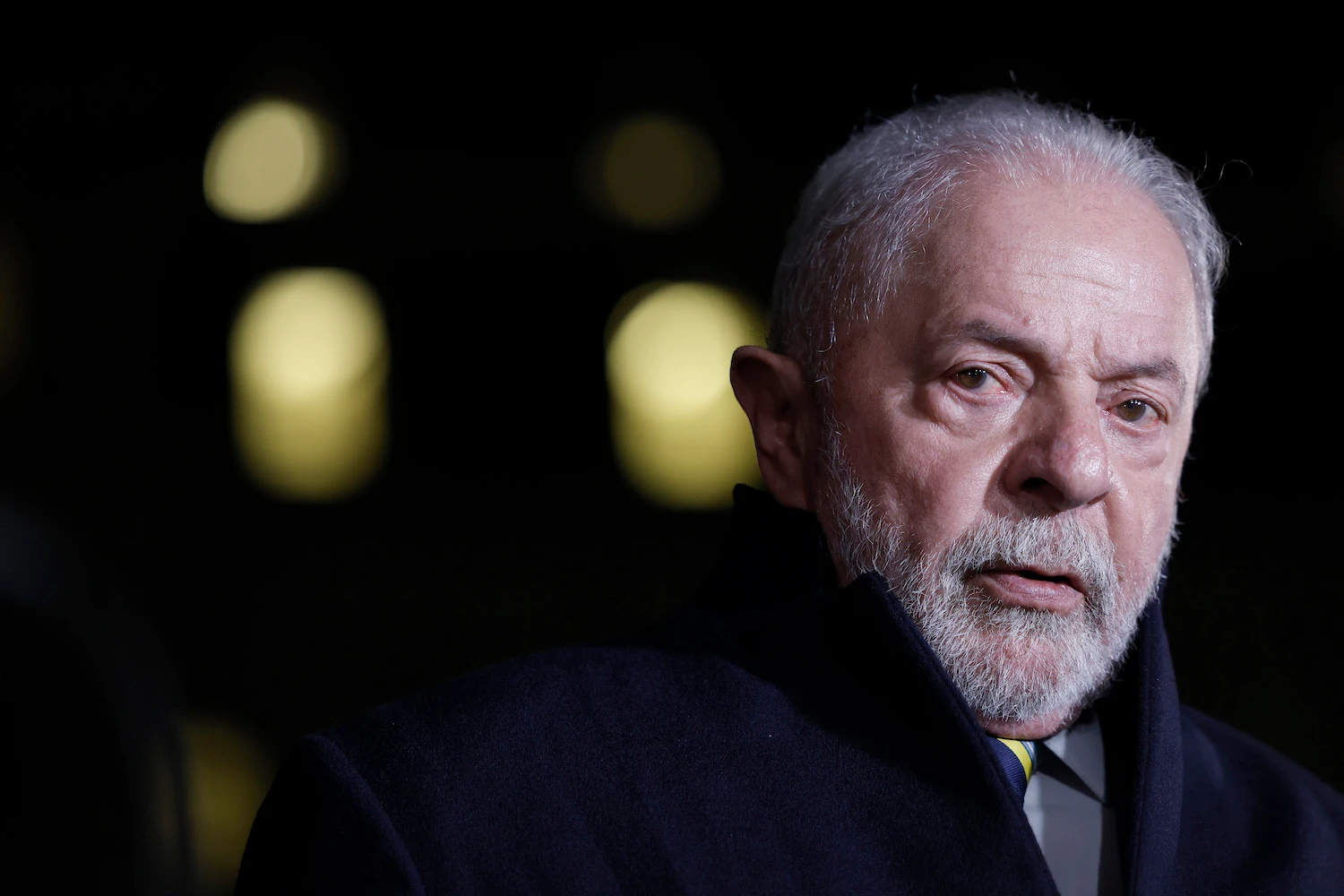By Oliver Stuenkel
Brazilian President Luiz Inácio Lula da Silva’s honeymoon with the West ended remarkably quickly. After Brazil weathered four turbulent years under right-wing former President Jair Bolsonaro, Lula’s narrow electoral victory last October and inauguration in January were met with relief in most capitals around the world. And when it comes to strengthening multilateralism and fighting deforestation, Brazil did quickly go back to normal: An early string of diplomatic meetings between Lula and his counterparts in Argentina, China, Germany, the United Kingdom, and the United States sealed Brazil’s return to the global stage, while several governments announced financial contributions to the reactivated Amazon Fund, which had been suspended under Bolsonaro.
But Lula’s position on Russia’s war in Ukraine has frustrated policymakers across the West and may limit Brazil’s foreign-policy bandwidth on other issues. While Lula’s eagerness to lead negotiations to end the conflict may be well-intentioned, his frequent controversial public statements on the subject are risky—and could generate permanent friction between Brazil and its Western partners precisely as Brasília seeks to earn a seat at the table of powerful nations.
Lula argued in early April that Ukraine should consider ceding the Crimean Peninsula to negotiate peace with Russia, saying that “Zelensky cannot want it all.” His contention that the United States has prolonged the war, made during a trip to China, echoes the Russian government’s narrative. Lula…
Read full article here









